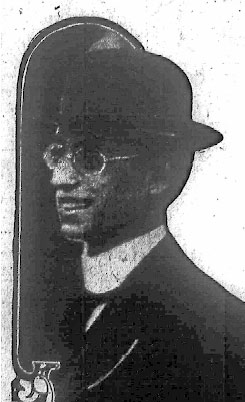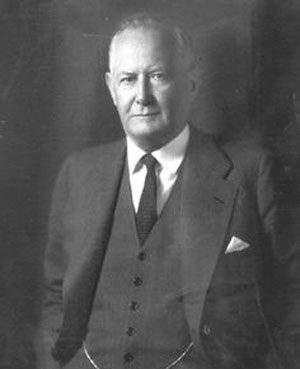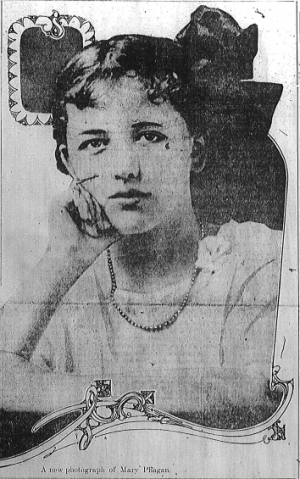VANESSA NEUBAUER’S audio book reading from the 1913 Leo Frank case this week is the fourth part of prosecutor Hugh Dorsey’s closing arguments. Leo Max Frank (pictured with his wife Lucille in happier times) was ultimately convicted of murdering his 13-year-old pencil factory employee, Mary Phagan, in a case which set the stage for Jewish-Gentile distrust and recriminations for a century and more afterward. Frank was the president of the Atlanta, Georgia B’nai B’rith and the Frank case was a major factor in the establishment of the Jewish pressure group, the Anti-Defamation League (ADL), over 100 years ago.
This new audio book series encompasses the American Mercury’s extensive coverage of the 1913 Frank trial. We are presenting the extensive arguments, both for the defense and the prosecution, in order and in full — a monumental, book-length project. Today’s presentation is the fourth section (of six) of Hugh Dorsey’s final statement.
Click on the “play” button to listen to the audio book, read by Vanessa Neubauer.
Mr. Dorsey argues that there was something strange about the fact that Mrs. Leo Frank didn’t visit her husband in jail for some time after his arrest:




















